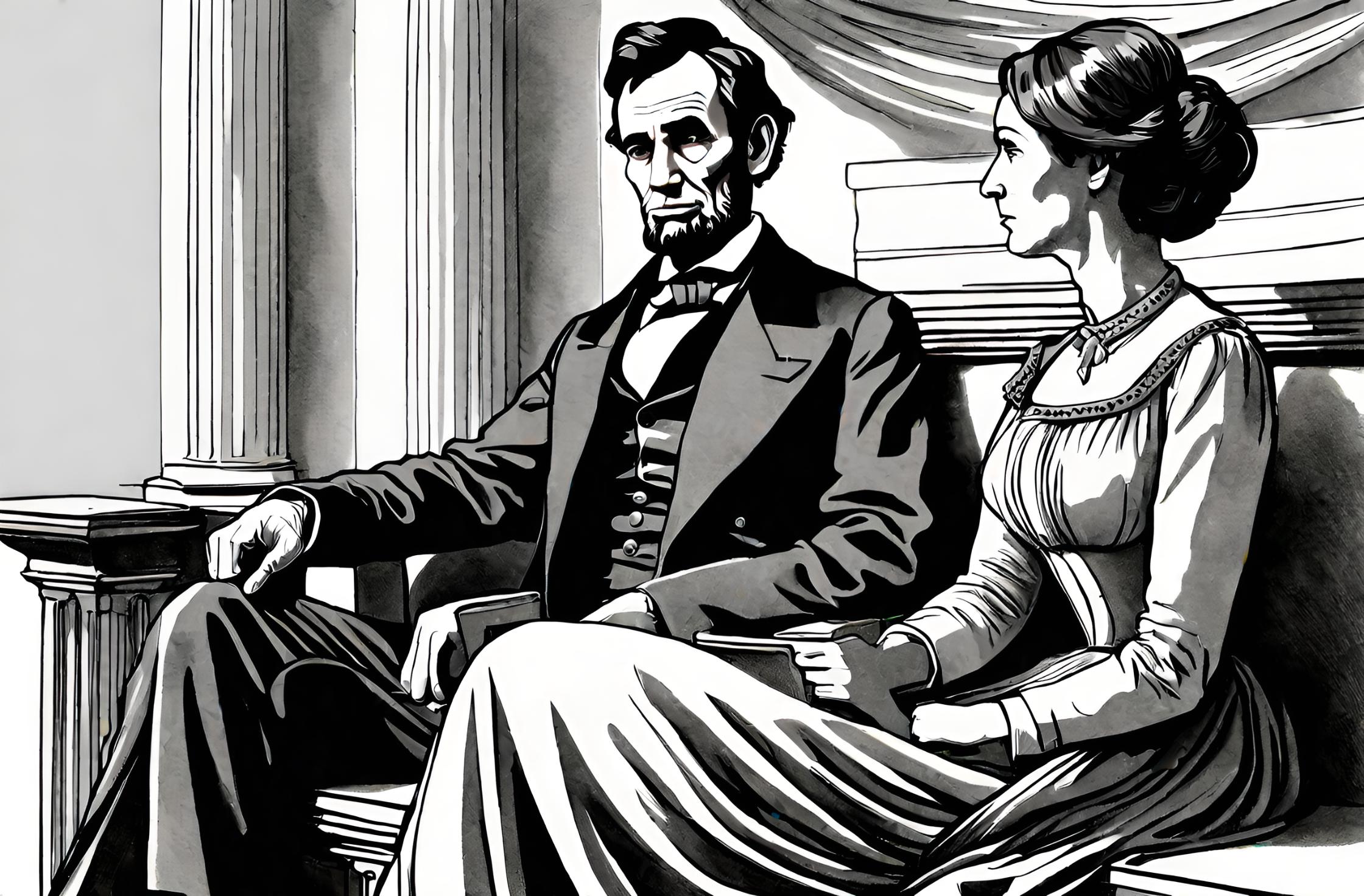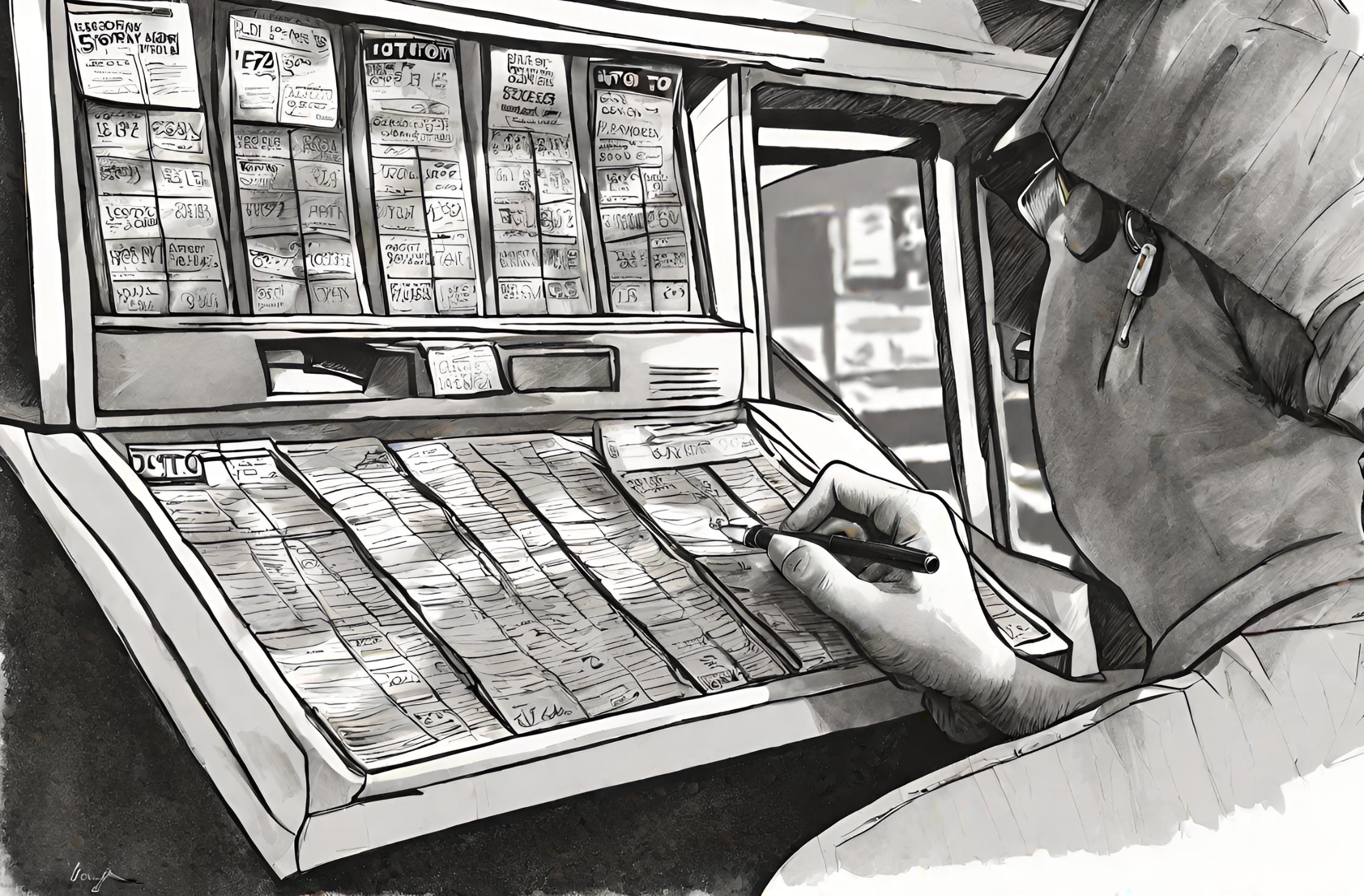Flashback to April 15
American History

April 14, 1865, is a date etched in American history as the day President Abraham Lincoln was assassinated, marking a sorrowful closure to the Civil War. John Wilkes Booth, a renowned actor of the era and Confederate sympathizer, fired the fatal shot at Ford’s Theatre, changing the trajectory of post-Civil War reconstruction and contributing to the Abraham Lincoln legacy.
The Civil War’s end was barely a week old when President Abraham Lincoln attended a celebratory performance of “Our American Cousin” at Ford’s Theatre in Washington, D.C. Little did he know that he was a mark for John Wilkes Booth, a staunch Confederate sympathizer, and his plot to assassinate him defied the joy of the Union’s recent victory.
On the fateful night of April 14, 1865, President Lincoln was seated in the presidential box with his wife, Mary Todd Lincoln, and two guests. As the play progressed, John Wilkes Booth, who knew the theatre like the back of his hand, easily accessed the presidential box and shot Abraham Lincoln in the back of the head. Booth then jumped from the box onto the stage, breaking his leg in the process, but still managed to escape.
President Lincoln was immediately unconscious after the attack and was moved to the Petersen House, directly across the street. Despite the best efforts of doctors, Lincoln passed away the next morning, on April 15, 1865. Vice President Andrew Johnson was sworn in as President shortly after.
John Wilkes Booth’s motivation for assassinating President Lincoln lies in his vehement disagreement with Lincoln’s policies, particularly his support for the abolition of slavery and his direction for the Reconstruction era following the Civil War. Booth conceived an elaborate plan involving the simultaneous assassinations of Secretary of State William Seward, Vice President Andrew Johnson, and of course, President Lincoln. The known history suggests that only President Lincoln’s assassination was successful, creating a lasting impact and eventually leading to a shift in American history.
The manhunt for John Wilkes Booth ended 12 days after the assassination when he was found and killed at a farm in northern Virginia. The aftermath of the assassination was filled with grief, shock, and a period of national mourning. The incident left an indelible mark on American history and is an integral part of learning about the life and legacy of President Abraham Lincoln.
The Assassination of Abraham Lincoln is often seen as a pivotal moment in American history. It not only brought an abrupt end to the life of a leader who was determined to bring about societal change, but it also led to a great period of chaos and unsettlement during the Reconstruction era. The planned path to Reconstruction that President Lincoln envisaged took a different turn under President Johnson, showing how one event can significantly alter the course of history.
The focus on remembrance and reverence for the slain President is evident even today, with numerous memorials, books, films, and scholarly research dedicated to understanding the man, the leader, and the circumstances of his untimely death. The dark events of April 14, 1865, will forever be a part of America’s historical narrative.
As a piece of the nations’ historical events, the Assassination of Abraham Lincoln continues to invite scholarly exploration and public curiosity alike. The legacy of President Lincoln endures, as does public fascination with the tragic events of his final hours. How history unfolded post-Lincoln’s assassination, and the path the United States took from then on is dramatically influenced by the shocking events of April 14, 1865. Thus, anytime this date rolls around, it serves as a solemn reminder of what was lost and what could have been.
We strive for accuracy. If you see something that doesn't look right, click here to contact us!
Sponsored Content

Largest lottery win to…
On April 15, 1989,…

